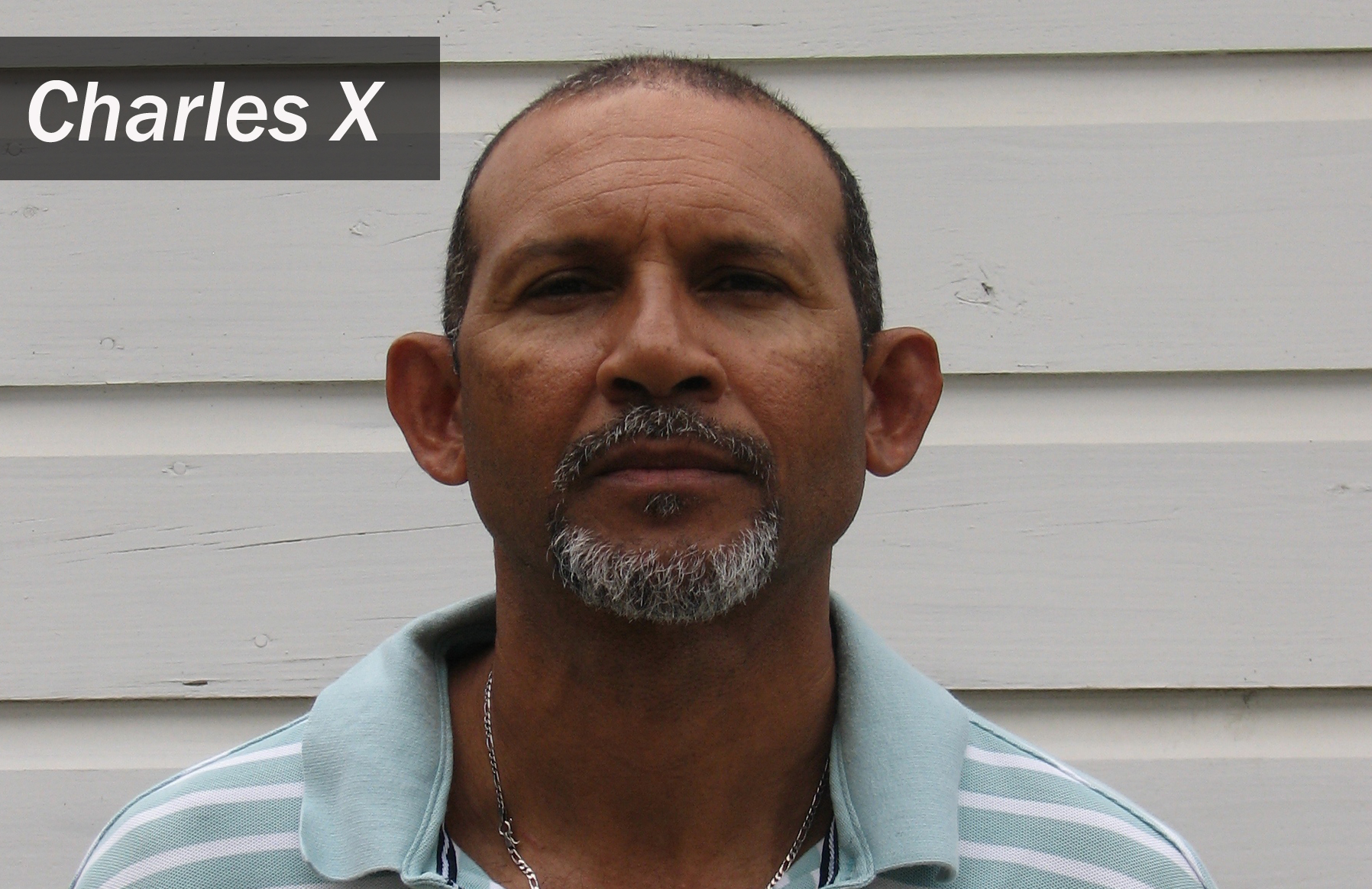BELIZE CITY–We continue to highlight excerpts from a “1962 Souvenir Programme” provided to us by Mr. Phillip S. Hall, who was then Secretary of the Belize Football Association.
(continued from Amandala of Sun. Oct. 12, 2014)
Next, the booklet has a listing on pages 64-65 of “Football Winners Over The Half Century” up to the year of publication, 1962, as follows:
1919-20 Preston
1920-21 Preston
1921-22 Preston
1922-23 Preston
1923-24 Preston
1924-25 Surrey
1925-26 Rovers
1926-27 Preston
1927-28 Preston
1928-29 Preston
1929-30 Preston
1930-31 Crimson
1931-32 Crimson
1932-33 Excelsior
1933-34 Excelsior
1934-35 Arsenal
1935-36 Arsenal
1936-37 Arsenal
1937-38 Arsenal
1938-39 No Season
1939-40 No Season
1940-41 Excelsior
1941-42 Battalion
1942-43 Crimson
1943-44 Crimson
1944-45 All Star
1945-46 Crimson
1946-47 All Star
1947-48 Excelsior
1948-49 Crimson
1949-50 Police
1950-51 Preston
1951-52 M.Y.A.
1952-53 Landivar
1953-54 M.Y.A.
1954-55 M.Y.A.
1955-56 M.Y.A.
1956-57 M.Y.A.
1957-58 Diamond A
1958-59 Dunlop
1959-60 Landivar
1960-61 B.E.C.
1961-62 B.E.C.
(It should be noted from the above, that although the 1961 season was initially aborted due to Hurricane Hattie on October 31, 1961, the teams re-grouped in early 1962, and games were played to arrive at a champion for the 1961-62 record.)
Although the visiting Jamaican football team was listed as St. George’s College Old Boys, the biographical notes on some of the players appearing on pages 76 and 78 of the booklet indicate that many of the players were Jamaican national team players at that time. For example, Kenneth East, the captain of the team at 32 years of age; Lascelles Williams, the team’s 23-year-old vice-captain; Johnnie Fraser, 23 years; Donald Miller; Cecil Choe, 31 years; Denzil Lue; Daniel Simpson, 22 years; Winthorpe Bell, 18 years; and Peter Chavannes, 20 years, were all members of the Jamaican national team.
The visiting St. George’s Old Boys team was scheduled to play four football matches during their two-week stay. (They also played four cricket matches.) Their first football game was to be against reigning champions BEC on 6th September. On 9th September, a Stann Creek selection would face the St. George’s team. The Belize selection would take on St. George’s on 11th September and again on 18th September. (The results of these games are not presently available. Perhaps some old-timers remember?)
The early years
The scanty information available from old timers suggests that in the early years of the twenties and probably even into the thirties, the game was mostly a power game, with not much finesse in the way of ground passing and teamwork. Big kickers and strong defenders may have dominated the game. This view is corroborated by C.B. Hyde, who maintains that the game in the early years was all focused on attack, with two fullbacks only, usually the most powerful players. Jim “Baby Jim” Faber was a fullback for Crimson, as was “Bill” Lightburn, both very strong players. Lightburn was also very fast.
The finesse passing game did not come to the fore until the advent of the All Star team, which, according to C.B. Hyde, was the best he ever saw, with the possible exception of Dunlop. All Star was such a remarkably disciplined and skilled passing team, C.B. noted, that he once found himself, while playing one season with Excelsior against his erstwhile teammates, staring in awe from his forward position as the All Star players moved the ball with exceptional sophistry. Pass interception was a crime to be avoided at all costs when they were employing their short passes. The only other team I have heard C.B. refer to in such admiring tones, is the Dunlop team, which also displayed exceptional skill in their passing game.
In terms of individual skill, one gets the impression from C.B. and other oldsters that there were outstanding individuals of exceptional ability and power. Ortis Gladden, I have often heard, was a deadly header of the ball in the goal area, and an athletic striker of tremendous skill.
Blood lines don’t lie, they sometimes say; and I recall in the late sixties or early seventies when a young man, Eric Gladden, was the junior basketball MVP. I think Eric was the son of Ortis Gladden. The name of Bill Lightburn is often mentioned in any discussion of great athletes in in the past; and we all know about Clinton “Pulu” Lightburn, more than once basketball MVP in the seventies, as well as the legendary 1950’s boxer Ludwig Lightburn. (Sydney “Stretch” Lightburn recently provided Amandala with a 1932 picture of Harley’s basketball champions of the CYO tournament, and it featured Bill Lightburn, who was also the same year a member of the champion Crimson football team.)
That theory, though, is sometimes suspect, when considering the large number of star players whose offspring did not excel at the game.
Nevertheless, at least in comparison to the region, Belizean football seemed to have held its own, as the records of matches played suggests. Page 65 of the souvenir booklet lists the results of some international matches, both at home and abroad, played between Belize football clubs (most likely the champions, as a tradition continued well into the sixties and seventies for the champion club to have the privilege of hosting a visiting team at the end of the regular season) and clubs from Honduras and Guatemala.
To be continued.

